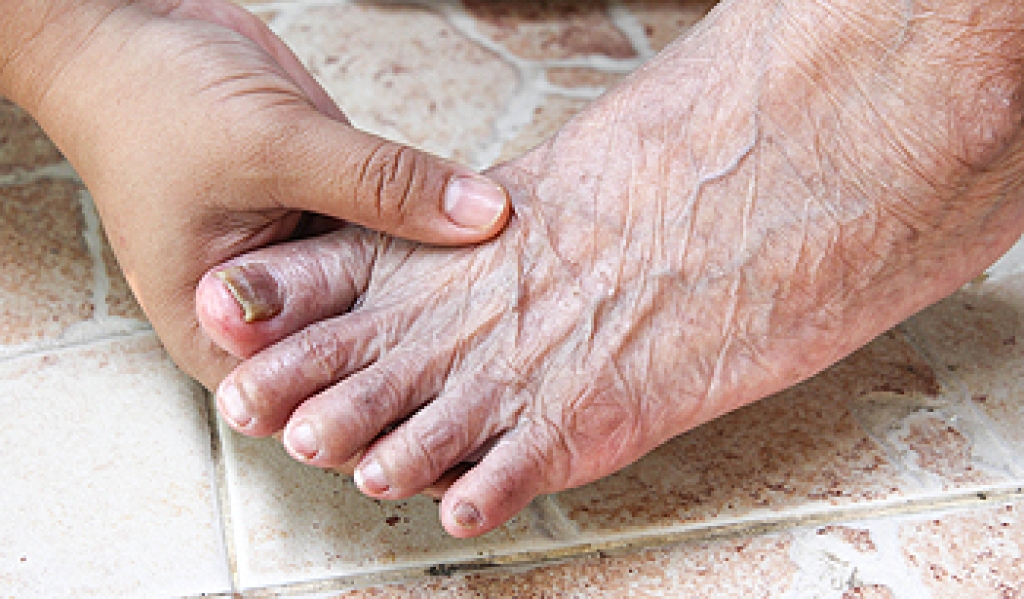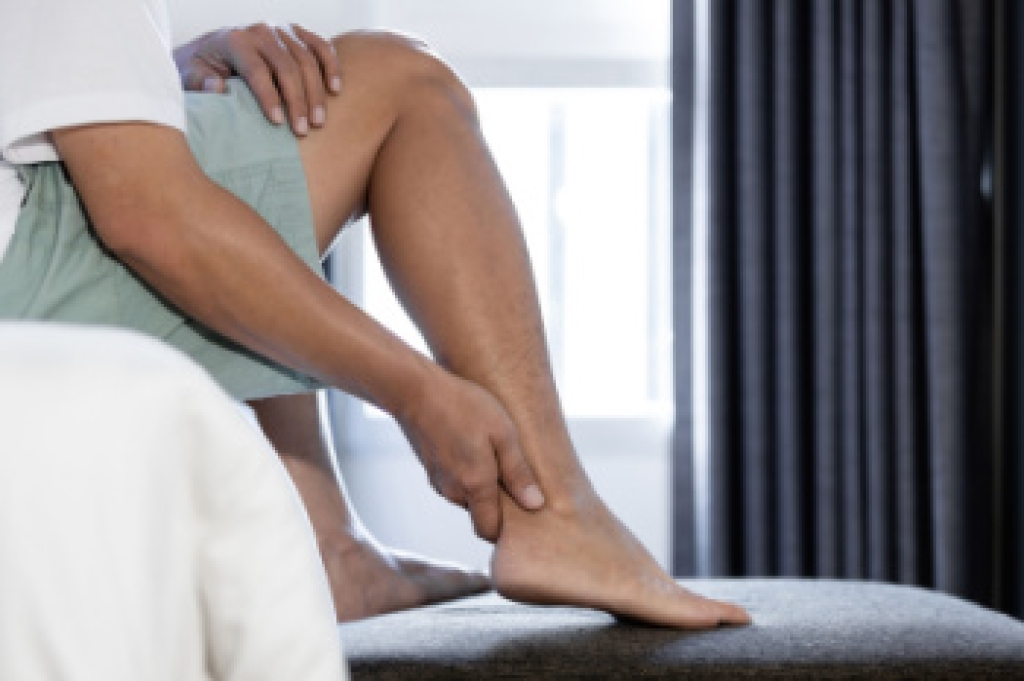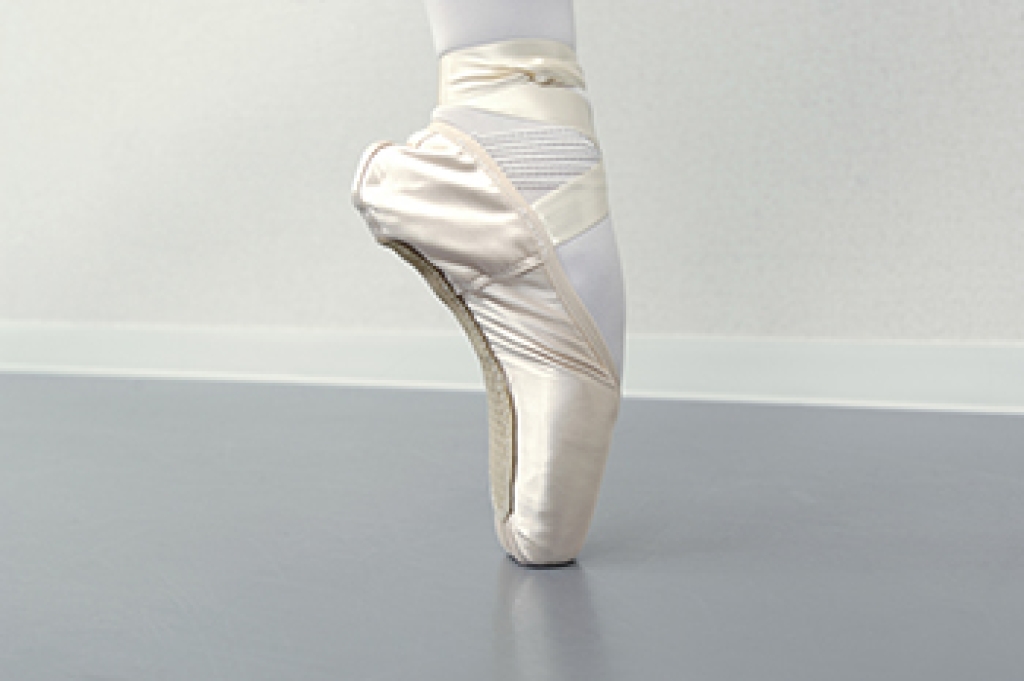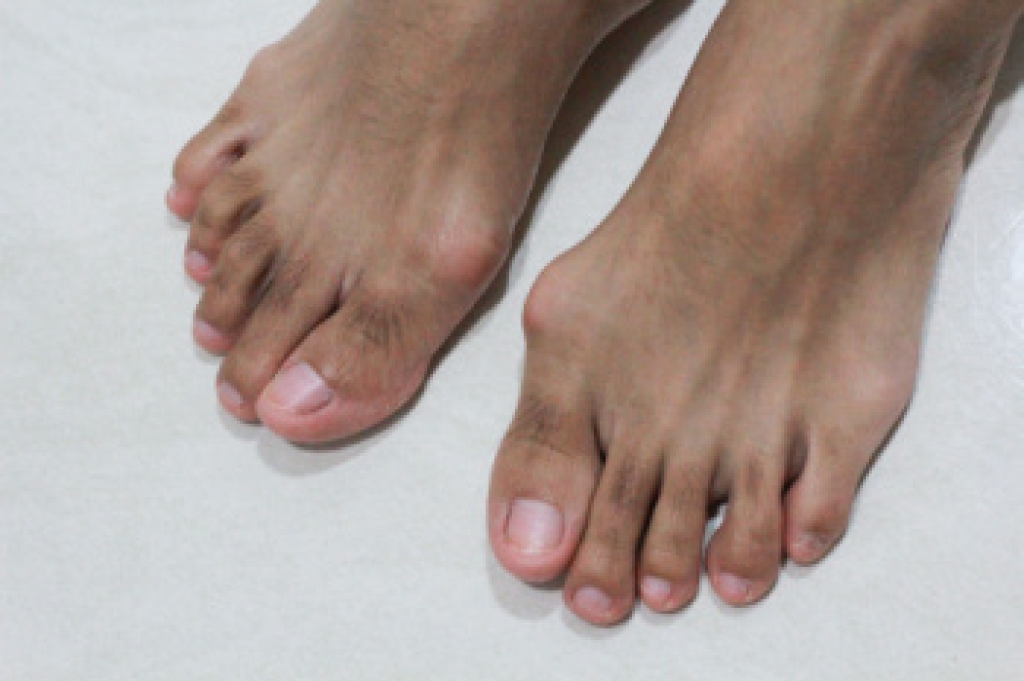
Caring for older feet is important for maintaining mobility, comfort, and daily independence. As people age, their feet naturally lose strength and flexibility, making it important to stay active to support balance and reduce the risk of falling. Checking the feet each day can help identify changes such as swelling, skin issues, or discomfort before they become serious. Keeping blood circulating through gentle movement and choosing supportive shoes can prevent strain and improve stability. Older adults should also protect their feet from cold exposure to avoid poor circulation or skin problems. A podiatrist can provide guidance, manage chronic conditions, and offer preventive care to keep feet healthy. If you have any type of foot pain, it is suggested that you consult a podiatrist who can treat various foot conditions, and guide you on additional foot care tips.
If you need your feet checked, contact Dr. Paul Drucker of NYC Foot Care, PC. Our doctor will attend to all of your foot and ankle needs and provide you with quality treatment.
Geriatrics and Podiatry
When people age, some common issues that may occur are bone density loss, dry skin, poor circulation, and rough brittle nails. These issues may also affect your foot health if the necessary steps are not taken to alleviate the problems.
It is important to take care of your feet because feet that are injured or diseased can affect your overall health. Having painful feet hinders your ability to do daily activities or may decrease your willingness to do the things that you need to do.
Visiting Your Geriatrician
As we age, health problems become more likely, so it is essential to visit your doctor for check-ups to ensure that you are doing the best you can to take care of your health. It is recommended to check your feet frequently for any possible cuts, bruises, swelling, corns or any other irregularities.
Taking Care of Elderly Feet
Cracked or dry feet can be treated by applying moisturizer often. It is also important not to wear old socks because the older the sock is, the higher the possibility there will be that there is bacteria there. Wear fresh socks and make sure they fit properly.
Proper foot health means that you can have a more active lifestyle and you will not be bogged down by pain. Foot health also leads to good circulation, which is paramount for overall health.
If you have any questions, please feel free to contact our offices located in 70th Street Manhattan, 60th Street Manhattan, Jamaica, Queens, Plainview, NY and Fair Lawn, NJ . We offer the newest diagnostic and treatment technologies for all your foot care needs.




